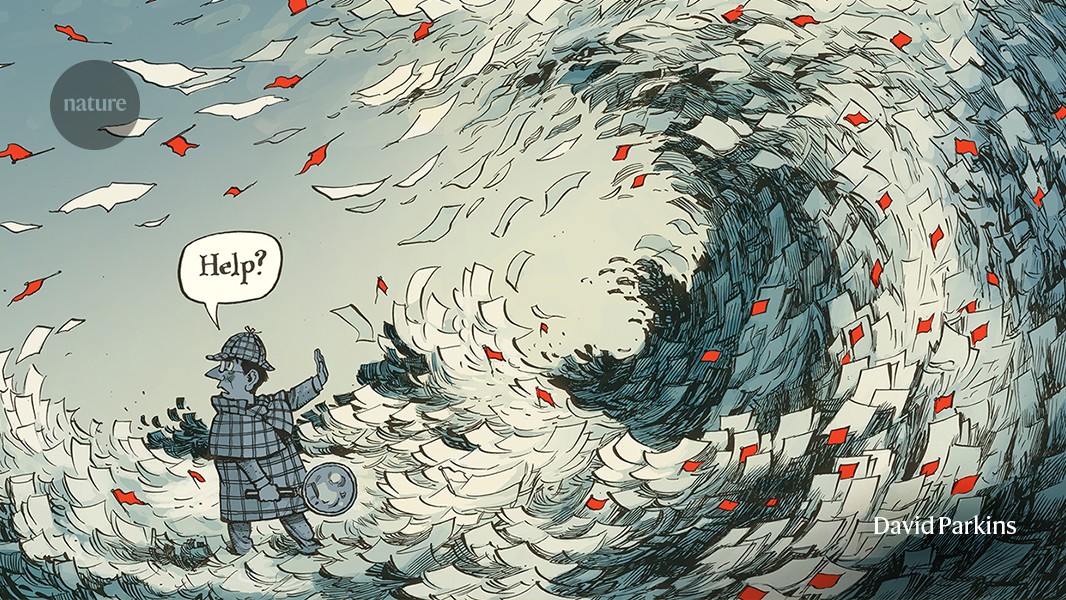- cross-posted to:
- [email protected]
- cross-posted to:
- [email protected]
The production of fake research is now a thriving industry, thanks to paper mills. These networks sell paper authorships and poor-quality or fabricated scientific manuscripts to researchers, or violate the peer-review process by providing fake reviews. And they have become so prolific that current self-correction mechanisms no longer work.
The first evidence of authorships for sale was reported in 2013. The paper-mill industry has since mushroomed (see ‘Paper mills explode’). One estimate suggests that the problem might have started even earlier — at least 400,000 papers published between 2000 and 2022 show the hallmarks of having been produced by paper mills.
Yet only 55,000 were retracted or corrected in the same period, according to the database of the website Retraction Watch.
Fraudulent research pollutes the literature, slows down scientific progress, delays the discovery of therapies and reduces public trust in science.


